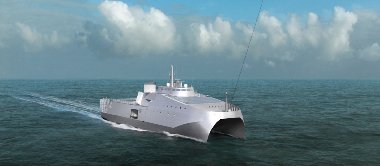EZZINA, M. Mohamed Naceur (2025) Score-Based Generative Models for the Denoising Problem PRE - Projet de recherche, ENSTA.
Fichier(s) associé(s) à ce document :
| PDF 843Kb |
Résumé
In this report, we address the problem of denoising data corrupted by various types of noise using score-based generative models and Langevin dynamics. We begin by revisiting the theoretical foundations of kernel density estimation of the deconvolution density, Gaussian Mixture Models (GMMs), the Expectation--Maximization (EM) algorithm, and score matching. These tools serve as a basis for introducing the Noise Conditional Score Network (NCSN) and Annealed Langevin Dynamics (ALD), which form the core of our generative denoising framework. Our initial experiments focus on the simple case of Gaussian noise, where Langevin dynamics successfully recover the clean data distribution across a range of noise parameters, as measured by the Kullback--Leibler (KL) divergence. We then extend the analysis to more realistic settings involving mixtures of Gaussians and non-Gaussian noise distributions such as the exponential distribution. To deal with such cases, we propose a complete pipeline that combines Gaussian mixture approximation, kernel density estimation, rejection sampling and supervised classification via Support Vector Machines (SVMs). More precisely, the noise distribution is first approximated using GMMs. The target distribution is then estimated using a kernel estimator, and samples are generated via rejection sampling. These samples are used to train an SVM that assigns each noisy observation to its most likely Gaussian noise component. Finally, Langevin dynamics are applied independently to each class. Our experimental results show that this strategy significantly improves denoising performance in non-Gaussian settings, achieving up to an order of magnitude reduction in KL divergence compared to classical baseline methods. Overall, this work highlights the effectiveness and flexibility of score-based generative models for solving inverse problems involving structured or unknown noise.
| Type de document: | Rapport ou mémoire (PRE - Projet de recherche) |
|---|---|
| Sujets: | Sciences et technologies de l'information et de la communication Mathématiques et leurs applications |
| Code ID : | 10577 |
| Déposé par : | Mohamed naceur EZZINA |
| Déposé le : | 21 août 2025 11:32 |
| Dernière modification: | 21 août 2025 11:32 |








